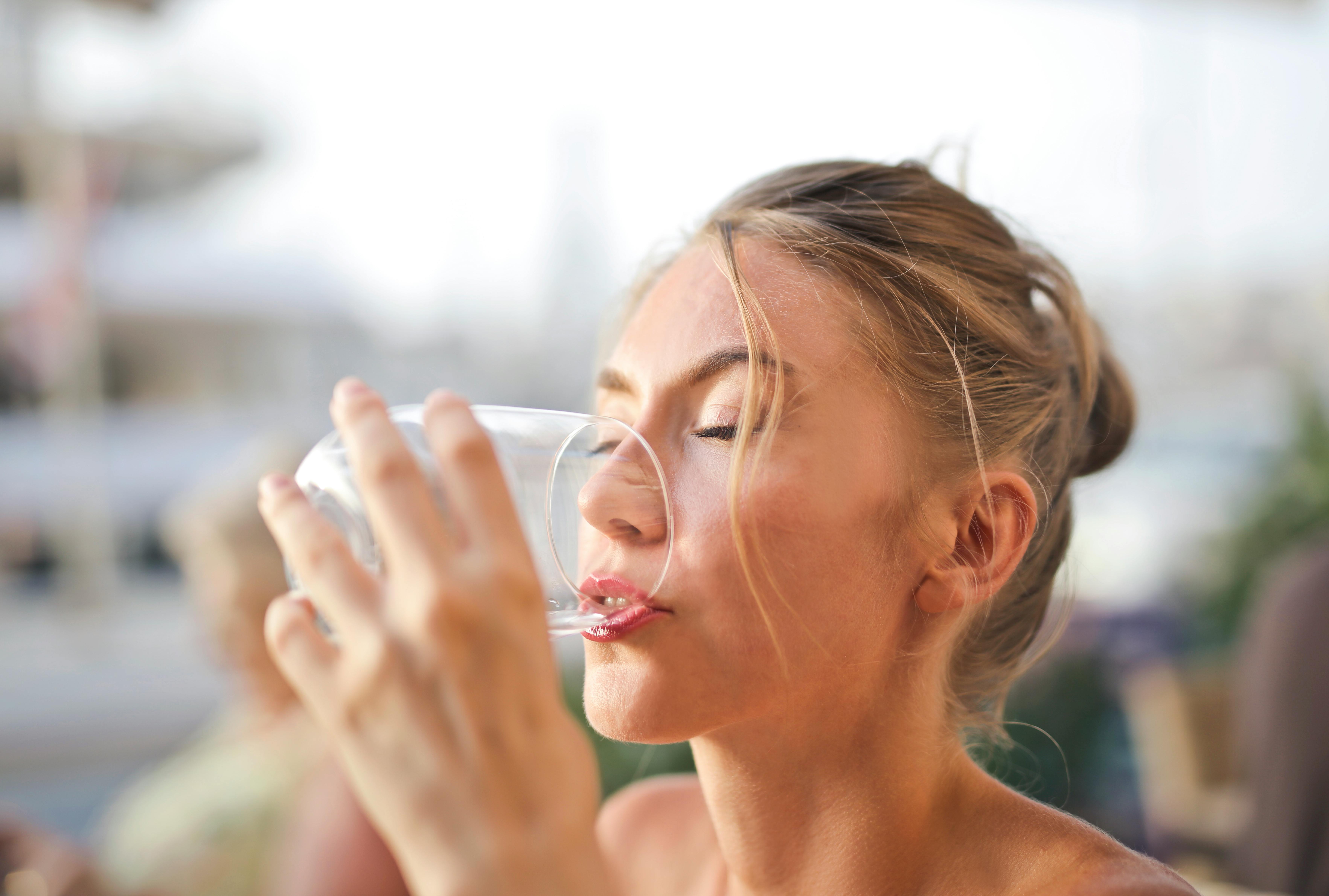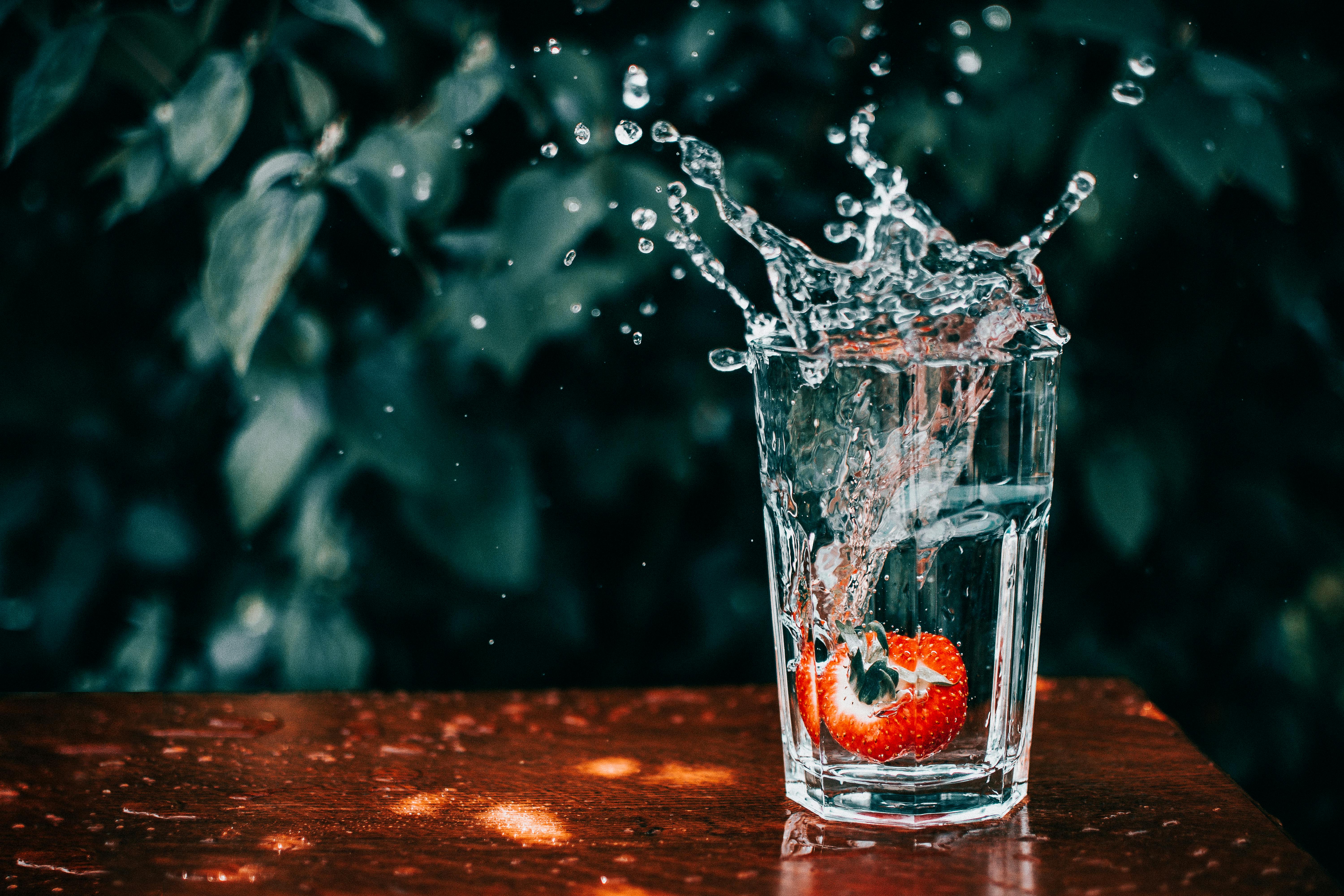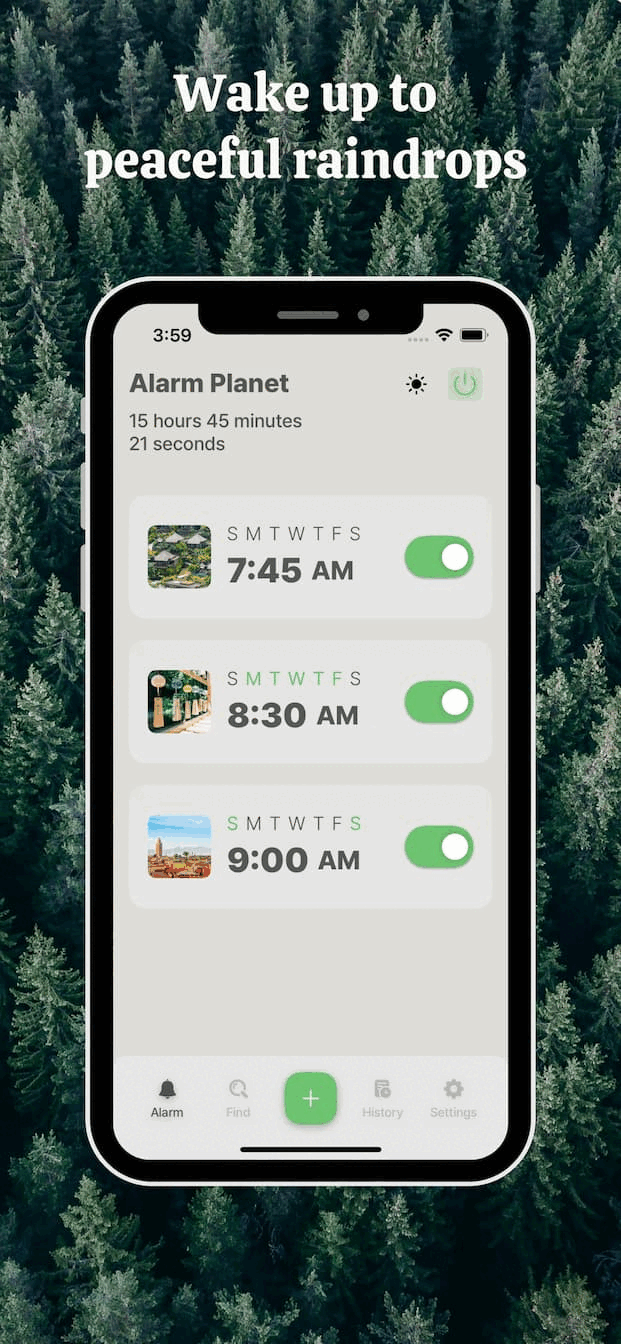Why Staying Hydrated Really Matters
We’ve all heard the advice: “Drink eight glasses of water a day.” But is that really what our bodies need? Water is more than just a thirst-quencher—our bodies rely on it to function well. Think about it: your cells, organs, and tissues all require water to do their jobs, from digestion to temperature regulation.
So how much water should you actually be drinking daily? The answer isn’t so straightforward. Everyone’s water needs are different based on various factors like age, physical activity, and even where you live.
Let’s dive deeper into how water supports your body and how much you really need to stay hydrated.
What Water Does for Your Body
Drinking enough water has countless benefits. Here are a few of the most important:
- Regulates body temperature
- Cushions joints and organs
- Helps flush out toxins
- Supports digestion and nutrient absorption
- Keeps your skin healthy and hydrated
When you don’t drink enough water, your body can’t perform its usual functions as efficiently. That’s when symptoms of dehydration—like fatigue, headaches, and dizziness—start to show up.
So, How Much Water Do You Really Need?
You may have heard of the “8×8” rule—drinking eight 8-ounce glasses of water daily. While this is a good starting point, it doesn’t apply to everyone. According to research by the Harvard T.H. Chan School of Public Health, the average adult male needs about 15.5 cups (3.7 liters) of fluids per day, while adult females need around 11.5 cups (2.7 liters).
But here’s the thing: this includes all fluids—water, juice, tea, and even the moisture in the food you eat. Yep, fruits, vegetables, and soups all contribute to your daily hydration.

Factors That Affect How Much Water You Need
So, while there’s no one-size-fits-all answer, a few factors can significantly affect your daily water needs. Let’s take a look at the main ones:
1. Physical Activity
When you exercise, you sweat—and the more you sweat, the more fluids your body loses. If you’re working out intensely or spending a lot of time outdoors in hot weather, you’ll need to drink more water to stay balanced.
Tip: Make a habit of sipping water before, during, and after your workouts.
2. Environment
If you live in a hot or humid climate, your body loses fluids faster, which means you have to replenish more often. Likewise, high altitudes can trigger more urination and faster breathing, both of which use up more water.
3. Health Conditions
Some illnesses or health conditions—like fever, diarrhea, vomiting, or urinary tract infections—can increase your fluid needs. If you’re sick, you might need more water to recover properly.
4. Pregnancy and Breastfeeding
Women who are pregnant or breastfeeding need extra fluids to stay hydrated, not just for themselves but for their baby as well. According to the CDC, pregnant women should aim for about 10 cups (2.4 liters) of fluids a day, while breastfeeding mothers may need up to 13 cups (3.1 liters).
5. Diet
What you eat influences how much water you need. If your diet is high in salt, protein, or sugary foods, your kidneys require more water to process those substances. On the plus side, fruits and veggies like watermelon, cucumber, and oranges are almost all water—and they count toward your fluid intake.

Debunking Common Myths About Hydration
There are plenty of myths floating around about how and when to drink water. Let’s set the record straight.
Myth 1: You Need Exactly Eight Glasses a Day
As we mentioned earlier, the “eight glasses” rule is a decent guideline, but not a rule set in stone. Your actual needs will vary based on your lifestyle, body size, and the climate you’re in.
Myth 2: If You’re Not Thirsty, You’re Fine
Thirst isn’t always a reliable indicator. By the time you feel thirsty, your body may already be mildly dehydrated. That’s why it’s important to get into the habit of drinking water regularly—even if you’re not craving it.
Myth 3: Coffee & Tea Don’t Count
Good news—yes, they do! While caffeinated drinks like coffee and tea have a mild diuretic effect, in moderate amounts, they still contribute to your overall fluid intake. So your morning cup of joe isn’t working against you after all.
Myth 4: Clear Urine Means You’re Overhydrated
Not necessarily. Light-colored urine is actually a good sign that you’re well hydrated. Overhydration—while possible—is rare and usually only occurs when someone drinks excessively large amounts of water in a short period.

Simple Tips to Stay Hydrated Every Day
Now that you know how vital hydration is, let’s talk about how to make it a seamless part of your daily routine.
1. Carry a Water Bottle
Take a refillable water bottle wherever you go. Not only does it save money and reduce waste, but it also serves as a visual reminder to drink more.
2. Set Friendly Reminders
Use your phone or smart watch to set hourly alerts so you don’t forget to take a sip.
3. Infuse Your Water
If plain water feels boring, add natural flavor! Try cucumber slices, lemon wedges, or fresh mint to spice things up a bit.
4. Eat Hydrating Foods
Water-packed foods like lettuce, strawberries, celery, and yogurt can help you stay hydrated while also adding nutrients to your diet.
5. Start and End Your Day with Water
Make it a habit to drink a glass of water when you wake up and before you go to bed. It’s an easy way to sneak in two extra servings daily.
Bottom Line: Listen to Your Body
At the end of the day, your body is the best hydration guide you have. Pay attention to signs like dry skin, dark urine, or feeling tired—that could be your body’s way of saying, “I need more water!”
While we often focus on diet and exercise for good health, hydration is just as important. By being mindful of your daily fluid intake, you can help boost your energy, improve focus, and even keep your skin glowing.
So go ahead—fill up that glass. Your body will thank you for it.













